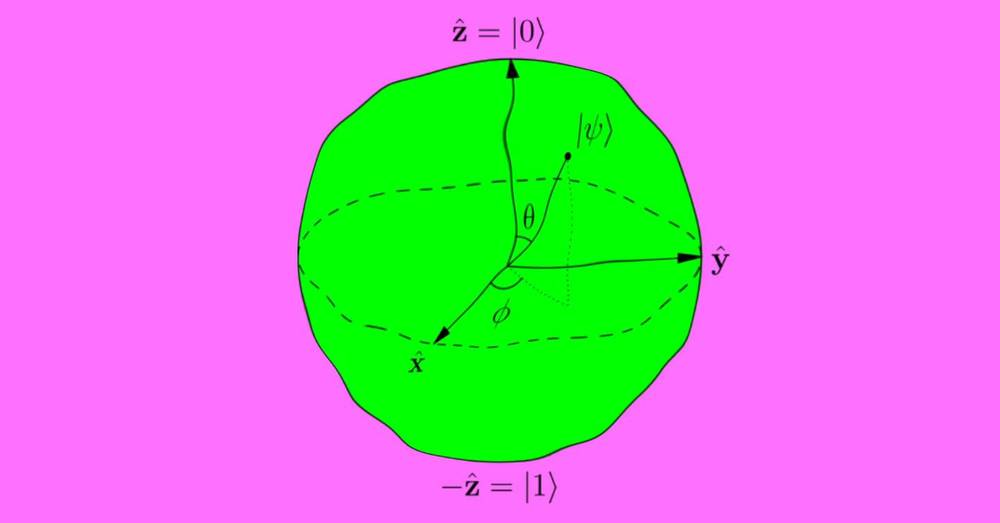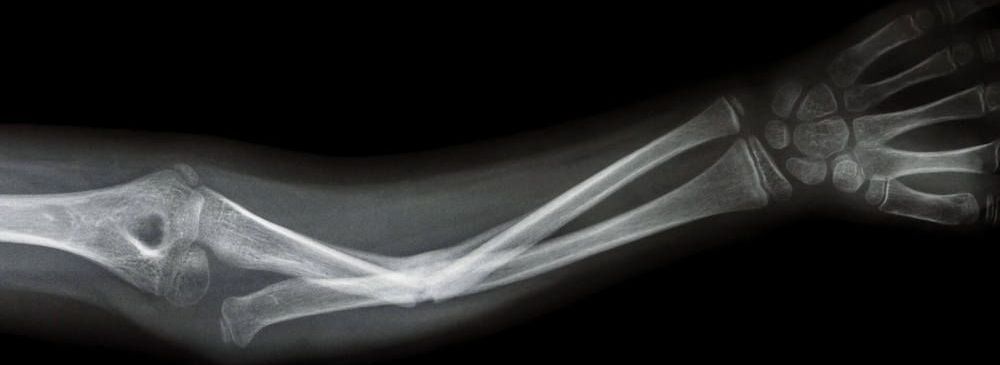Samsara Therapeutics has completed a seed financing round in collaboration with Apollo Ventures, a venture capital company and biotech incubator that supports longevity research and treatments for age-related diseases.
Samsara Therapeutics, Inc. (“Samsara,”) a platform biotechnology startup engaged in the discovery and development of compounds that address the primary molecular causes of aging, announced today the closing of a seed financing round. The financing was led by Apollo Ventures, a life sciences venture capital firm and company builder working across Europe and North America.
Additionally, on February 19th, 2019 Nature Communications published a peer-reviewed paper, “The flavonoid 4,4′-dimethoxychalcone promotes autophagy-dependent longevity across species” authored by Samsara’s scientific team [1]. The paper demonstrates the capability of the Samsara platform to identify novel MoA geroprotective small molecules that extend healthy lifespan across species and which are protective in mammalian models of disease.









